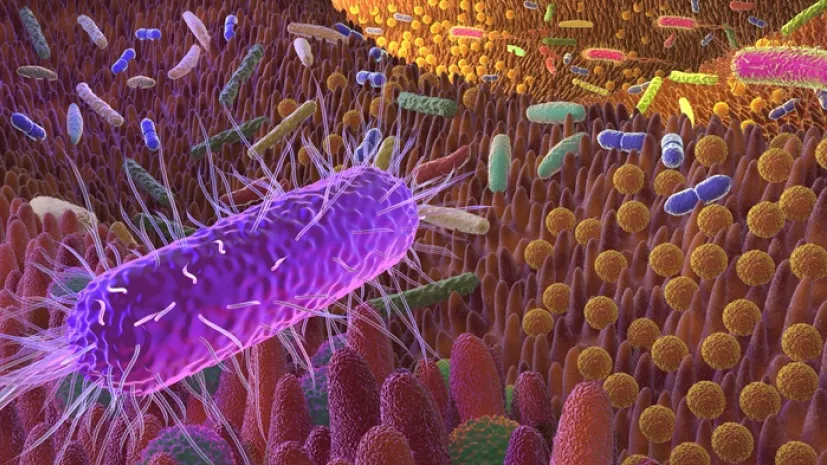-

Polish-made devices complete noise-monitoring experiment aboard ISS
The Wireless Acoustics experiment, which measured noise levels aboard the International Space Station (ISS), has concluded, with Polish-made devices operating without fault.
-
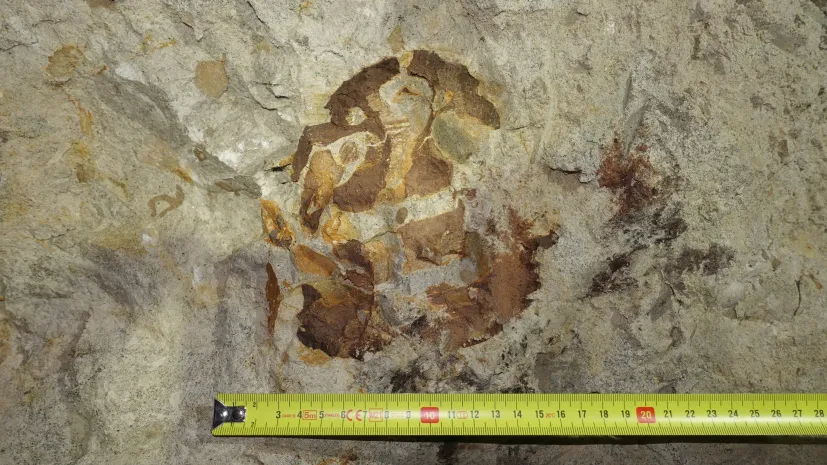
Giant ‘sea lizard’ the size of a killer whale found in Poland
Palaeontologists have identified the remains of a large ichthyosaur, comparable in size to a modern killer whale, discovered in a phosphate mine in Annopol on the Vistula River in eastern Poland.
-

New study maps timing between brain signals and blood supply
An international research team from Berlin, Ljubljana, and Warsaw has quantified how long it takes for blood vessels to respond to neural activity during simple motor tasks, and how stable this delay is across individuals and repeated trials.
-

Gdańsk scientists develop technology to prevent Zika infections
The European Patent Office has granted a patent to a research team from the Intercollegiate Faculty of Biotechnology of the University of Gdańsk and the Medical University of Gdańsk for a technology aimed at preventing Zika virus infections.
-
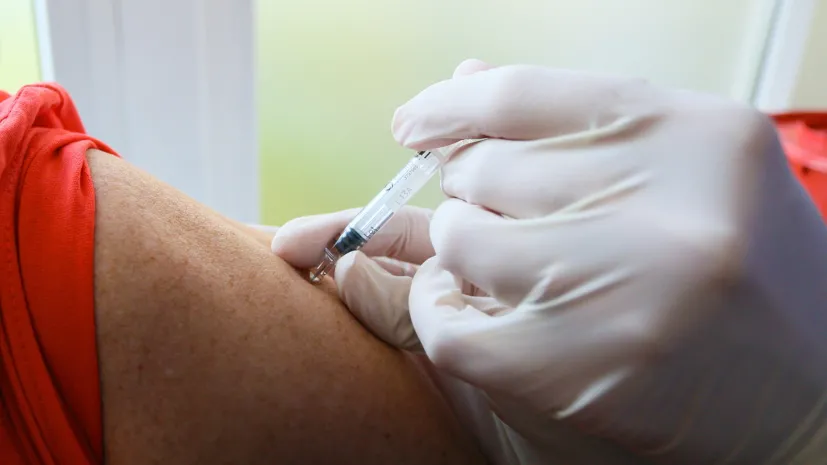
Beyond the Flu: How vaccinations boost health across the body
Vaccinations against influenza and other respiratory infections protect against more than the infection itself and its immediate complications. They also reduce the risk of cardiovascular events, curb antibiotic resistance, may lower the risk of dementia and certain cancers, and strengthen general immunity, emphasizes Professor Piotr Rzymski.
-
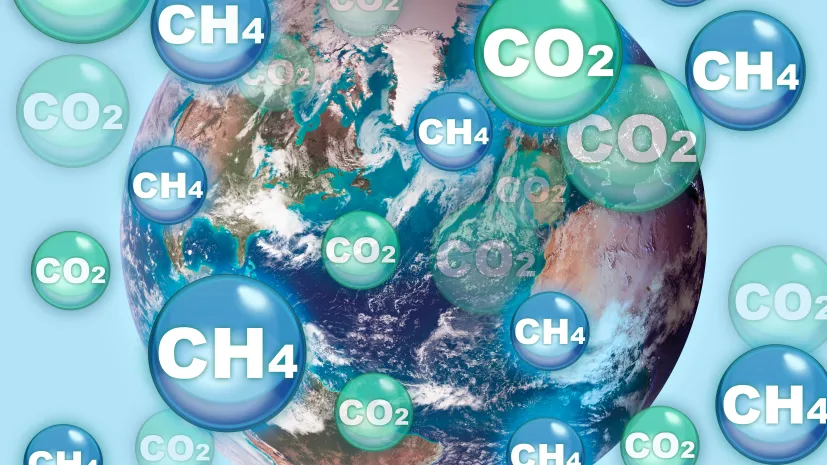
Methane and CO2 can be converted into valuable chemicals using iron-based catalyst, say scientists
Under the right conditions, the greenhouse gases carbon dioxide (CO2) and methane (CH4) can be used as raw materials to produce industrially valuable chemicals, according to a study by researchers from Poland, Czechia, and France published in Applied Catalysis B: Environment and Energy.
-

European city birds flee sooner from women than men, study finds
Birds living in European cities flee earlier from women than from men, according to an international study that included Polish researchers.
-
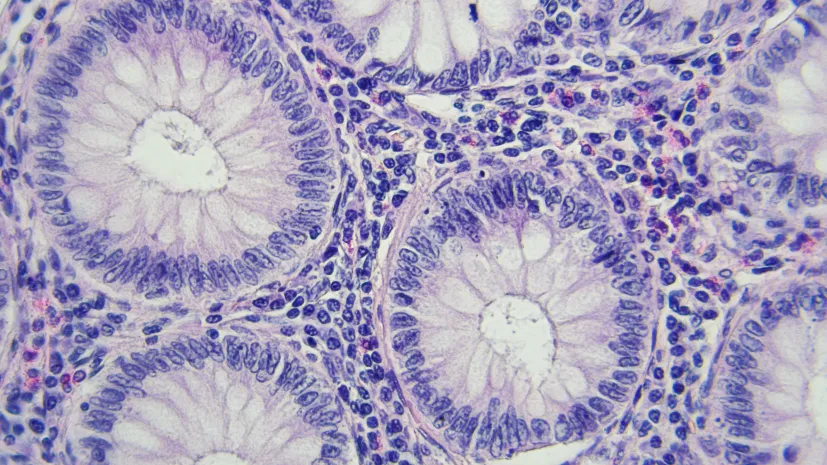
Cancer cells ‘adapt metabolism to thrive in new organs’, study finds
Cancer cells can reprogram their metabolism to survive in different organs, a process that influences their ability to metastasise, according to a study published in Nature by an international team including Sonia Trojan, PhD, from Jagiellonian University.
-

Stars shine in ultraviolet earlier than thought, space telescope finds
Ultraviolet radiation is present around some of the youngest known stars, even before thermonuclear fusion begins in their cores, according to new observations from the James Webb Space Telescope.

